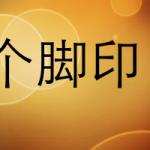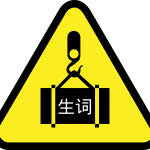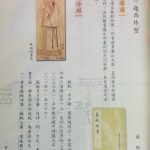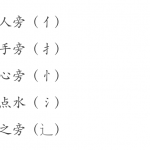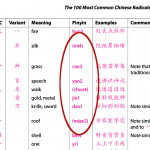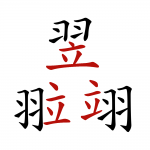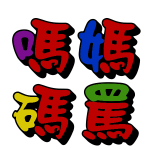Articles in the ‘Vocabulary’ category Page 9
-
Expanding your Chinese with 一步一个脚印
一步一个脚印 is a blog about translating and interpreting Chinese, providing high quality posts about vocabulary and expressions in Chinese and English, as well as interpretation and translation exercises.
Read → -
Overcoming the problem of having too many Chinese words to learn
Learning words is very important, but how should you deal with the fact that there are so many of them to learn? This article discusses the problem of having too many words to learn and suggests some solutions to get around the problem.
Read → -
The benefits of using 语文/國文 textbooks to learn Chinese
Using textbooks meant for native speakers is a great way of improving your reading and writing, as well as learning about literature and culture in general. 语文/國文 textbooks are difficult, but also very rewarding!
Read → -
How to talk about Chinese characters in Chinese
As a learner of Chinese, it’s useful to be able to talk about Chinese characters in Chinese. The right way is not to learn the names of the strokes, but learn how native speakers talk about characters.
Read → -
The best Twitter feeds for learning Chinese in 2016
Learning Chinese through Twitter is great because it gives you bite-sized chunks. This post presents the best Twitter feeds for learning Chinese in 2016.
Read → -
How going shopping can help you learn Chinese
Shopping can be a great way of learning a language. By having similar conversations many times in different shops, you can gradually improve your speaking ability.
Read → -
Should you learn the pronunciation of radicals?
Learning character components in general is good, but should you learn the pronunciation of radicals? The answer can be both “yes” and “no” depending on what you mean!
Read → -
Chinese characters that share the same components but are still different
Some Chinese characters consist of the same components in different places, creating completely different characters. This article discusses this phenomenon and its implications for language learners.
Read → -
Learn Chinese character meaning and pronunciation together
A large majority of all Chinese characters look the way they do because of how they are pronounced. You can use this to your benefit if you learn Chinese character meaning and pronunciation together.
Read → -
Can you use English learning materials to study Chinese?
There’s a very large number of books available for Chinese people learning English, but even if it’s tempting to think that we can use these to learn Chinese, doing so comes with several problems. ESL books have their use, but not as many as you might think.
Read →
